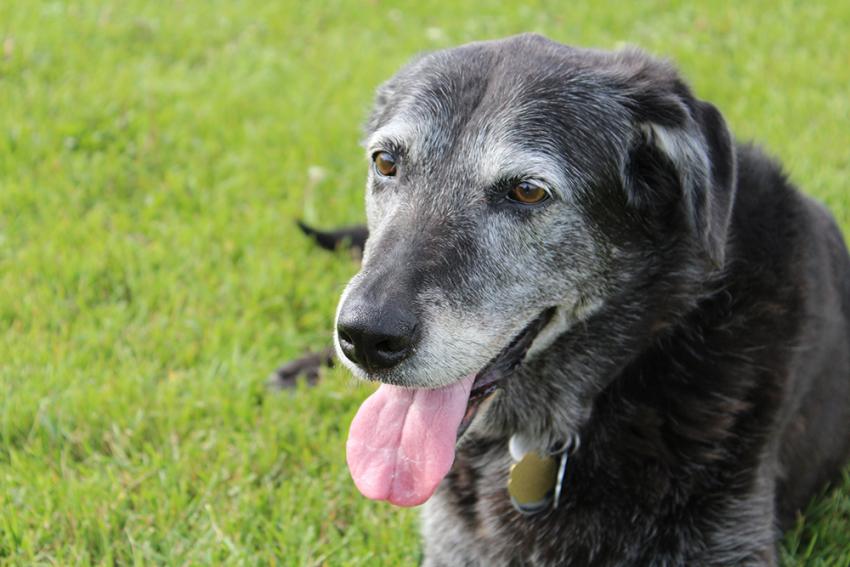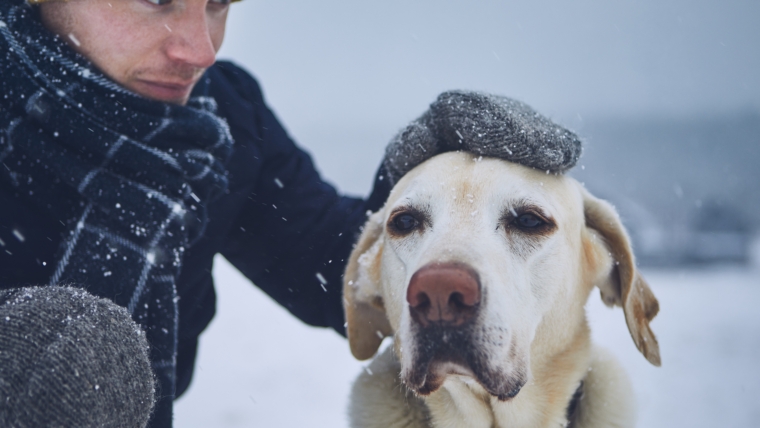by Dr Umasha Hemachandra
As a senior Veterinary Surgeon for over a decade, one issue that is close to my heart – as well as that of my colleague’s – is taking care of senior dogs. Before we address this, we need to clear up our definition of what makes a dog ‘senior’.
The simple answer is that it is breed-dependent.
Larger breeds – think Great Danes, German Shepards, Rottweilers – reach senior status much earlier around the year five mark. Smaller dogs, including Sri Lankan street dogs, are considered senior once they reach around the age of eight. With that cleared, here’s a video of me summarizing the crucial concepts behind senior dog care.
To reiterate some of the points I made in the video:
1. General check-up every six months
This checkup will consist of blood profile, kidney profile, liver profile, and dental examination. Regular visits to the vet also ensure a trained professional can examine a dog’s orthopedic state.
2. Kidney, liver and bones
Kidney, liver and bones are the most recurring issues among senior dogs. Difficulties in moving freely are especially among large breed senior dogs.
3. Regular dental check-ups
Regular dental check-ups are essential to pin-point reasons why senior dogs aren’t eating properly. Unchecked, dental issues such as cavities make senior dogs lose their appetite.



